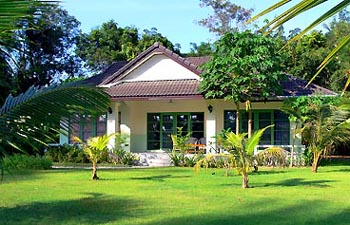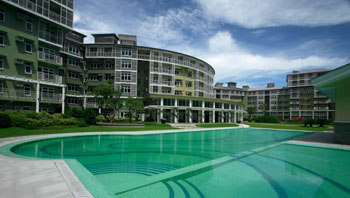It’s no big surprise that the global finance crisis is going to make things hard for the Philippine real estate industry, but even Ayala Land Inc. and SM Prime Holdings, the country’s biggest real estate moguls, aren’t too optimistic about the year 2009.
According to Ayala Land president Jaime Ayala, the company’s sales of low and middle-income residential properties are still strong for the third quarter of 2008, but the impact of the US crisis might be felt by the Philippines next year. Right now, sales from the United States represent only 25% of the company’s total foreign sales, whereas it used to account for almost 50% of their sales in the previous years. Because of the instability of the US economy, Ayala Land is now looking for markets in other regions such as the Middle East, where sales increased by 70% from January to September of this year. The first half of the year earned them a higher net income from Php 2.13 B to Php 2.91 B on strong residential sales.
As for what will happen in the year 2009, Jaime Ayala says there’s nothing to do but wait and see how the economic crisis will play out. Despite the uncertainty, however, Ayala Land will not slow down on ongoing developments nor reduce their capital for next year.
SM Prime Executive Vice President Jeffrey Lim also says that 2009 looks to be a difficult year for the real estate industry. The country’s largest commercial center developer received a growth in their net income for the first six months of 2008 – from Php 2.9 B to Php 3.17 B – because of the company’s consolidation of three China malls. While revenues increased by 8%, SM Prime is still wary about the market. Like Ayala Land Inc, they are going to expand their shopping centers in 2009 as planned, but they’re watching the market carefully to see how the economy and the real estate industry will be affected.
Source






